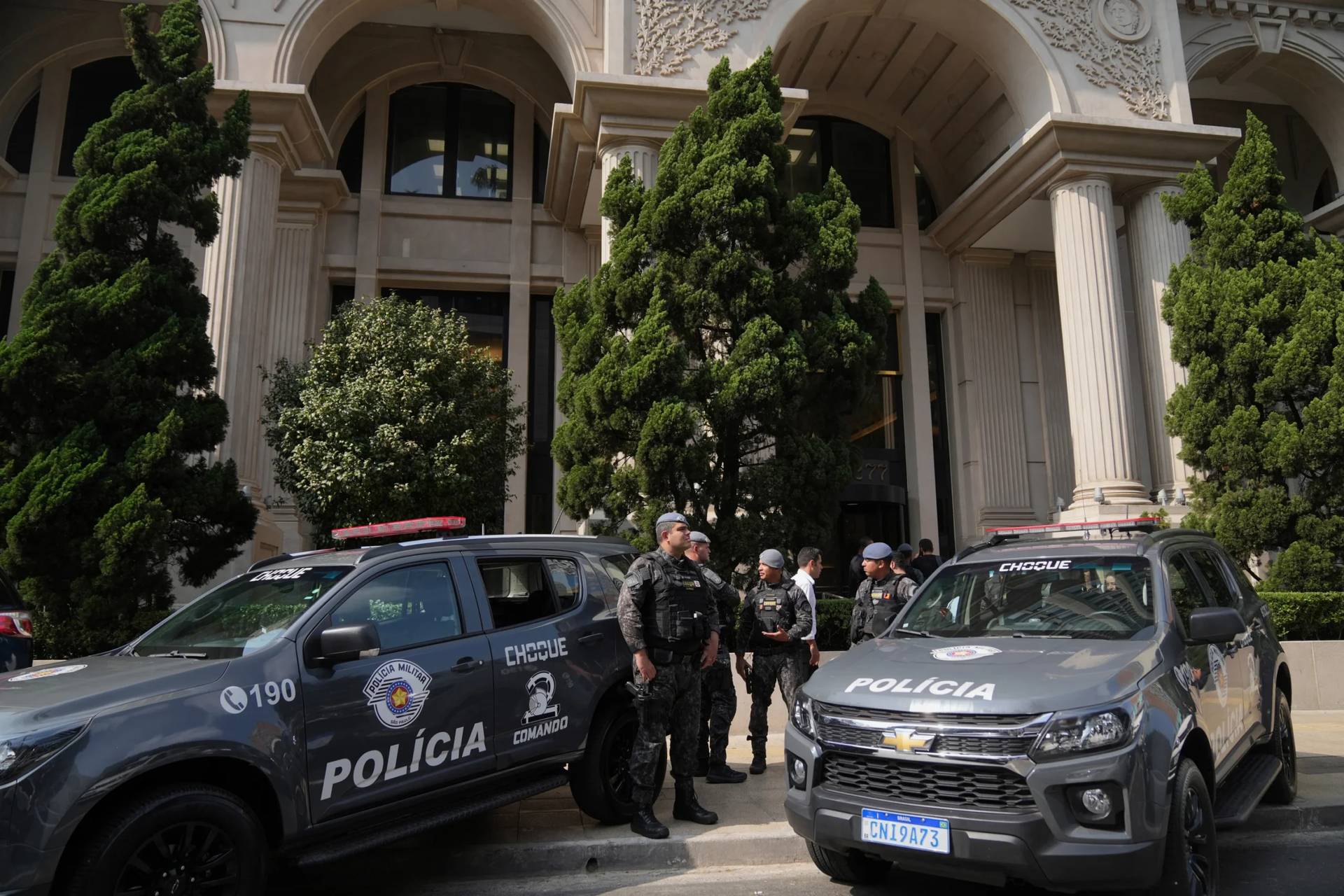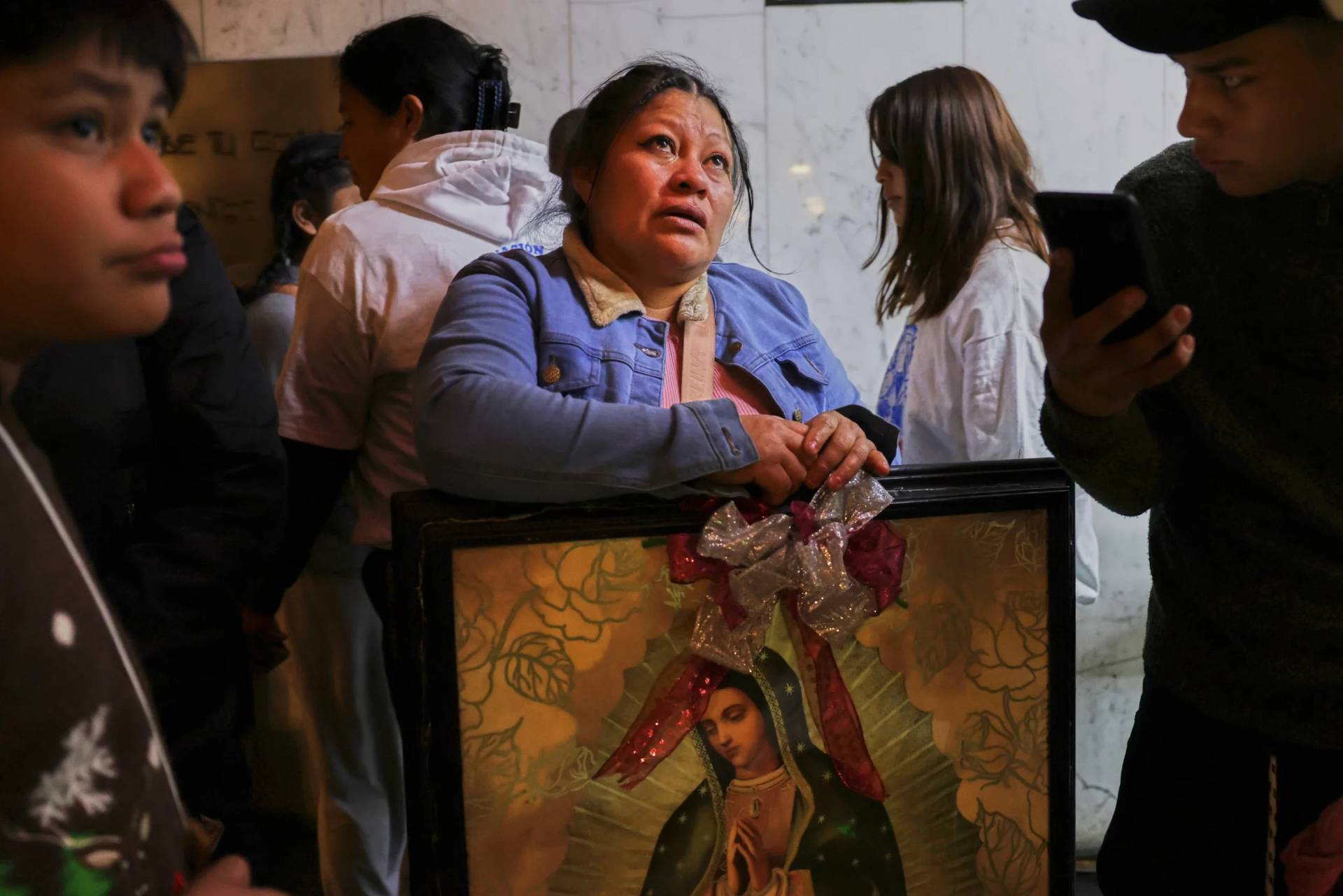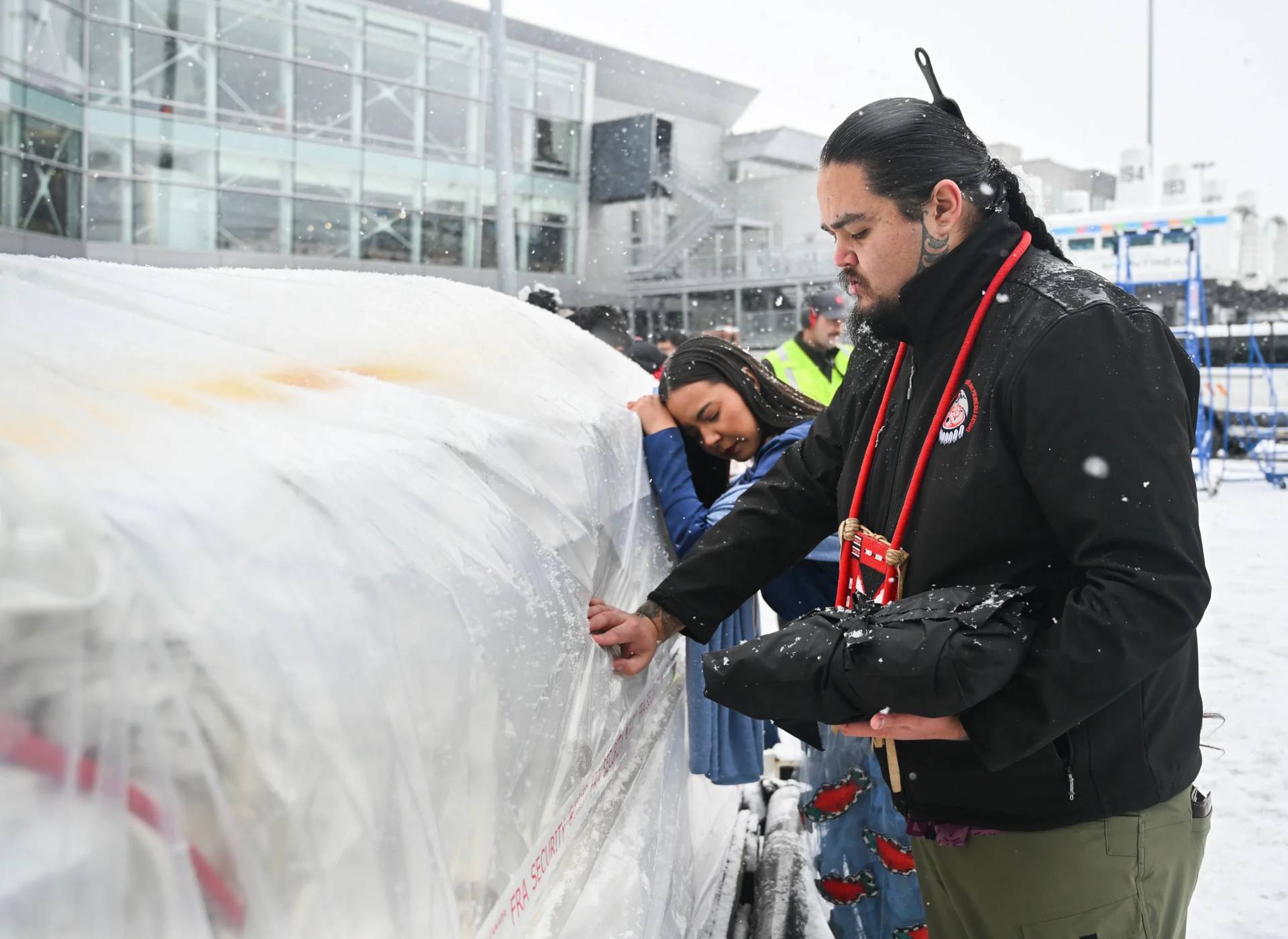SÃO PAULO, Brazil – Marcio Rodrigues dos Reis’s murder on Dec. 4 in the Amazonian city of Anapu was the 15th case of a peasant being killed in the region due to land conflicts since 2015, according to the Pastoral Land Commission (CPT), which is affiliated with Brazil’s National Bishops’ Conference.
Anapu has been one of the epicenters of violence against the rural poor in the Amazon in the past few decades and is the city where the American-born nun Dorothy Stang was murdered by gunmen working for local ranchers in 2005.
Reis, 33, was working as a motorcycle taxi driver when he was stabbed by a passenger in his neck. The murderer hasn’t been found.
Reis was a landless rural worker and in 2016 had taken part in the occupation of a farm in Anapu, along with dozens of families. The occupants demanded possession of the territory and claimed that it had been illegally taken from the Brazilian State by a local farmer. The governmental land agency recognized their claim and filed a lawsuit in order to recover the farm, but a higher court’s final decision is still pending.
After the peasants’ movement showed no signs of ending, Reis was charged with several crimes and imprisoned for nine months in 2017. The local CPT coordinator, Father José Amaro Lopes de Sousa, was accused of being the leader of the occupation and was also arrested for 92 days in the beginning of 2017. Amaro worked for 15 years with Stang defending landless peasants and the local environment and is considered her successor.
“Reis was the main defense witness in the case against Father Amaro. Both the local ranchers and the police pressed him to testify against Father Amaro, so he would be convicted. But Reis never did so and kept his initial version that Father Amaro is innocent,” said José Batista Afonso, the priest’s lawyer, who is also a member of the CPT.
According to Afonso, the evidence gathered by the prosecutors against Amaro is “weak” and he will probably be found innocent in the first half of 2020, when a decision is scheduled to be announced. If Reis had changed his story at the police’s urging and testified against Amaro, it would have effectively silenced the priest and put an end to his work in the region, Afonso claimed.
“That’s why they hated him so much,” the lawyer told Crux.
After his release, Reis was advised to leave Anapu for security reasons. He spent almost one year out of the city, but decided to come back a few months ago, as he thought there was no longer a risk to his life.
According to the CPT, there’s a criminal organization in the city of Anapu formed by local ranchers who have stolen State lands and count on the complicity of the police.
“Father Amaro’s imprisonment was motivated by his work with Sister Stang. He kept doing her work with the Sisters of Notre Dame de Namur for the preservation of the environment and of the peasants’ lives. This has always disturbed local land invaders, illegal loggers, and cattle ranchers,” said Afonso.
Stang created several Projects of Sustainable Development (PSD) in Anapu, a model that consists of settling landless peasants on portions of land and using only 20 percent of it for agriculture – the remaining 80 percent must be kept in its original forested state and be sustainably managed by the community.
“That’s why they decided to eliminate Sister Dorothy Stang. But in the case of Father Amaro, they probably considered that it would be better to defame and incriminate him,” Afonso told Crux.
The local Diocese of Xingu has always supported Amaro, along with other dioceses and the National Conference of the Bishops of Brazil. The CPT has a permanent campaign to document Amaro’s innocence and has denounced the existence of what it calls a “rural militia” in Anapu. “Whoever antagonizes it is sentenced to death. In the [Brazilian President Jair] Bolsonaro administration, this group enjoys total support and liberty of action. Out of fear, many [social] leaders left Anapu and others are afraid to denounce crimes and becoming the next victim. At the same time, land invasions and deforestation grow over the land settlements,” said a CPT press release issued after Reis’s murder.
The CPT demanded that the Public Security Department of the State of Pará take up the case and discover the reasons and circumstances of his killing.
Crux is dedicated to smart, wired and independent reporting on the Vatican and worldwide Catholic Church. That kind of reporting doesn’t come cheap, and we need your support. You can help Crux by giving a small amount monthly, or with a onetime gift. Please remember, Crux is a for-profit organization, so contributions are not tax-deductible.














